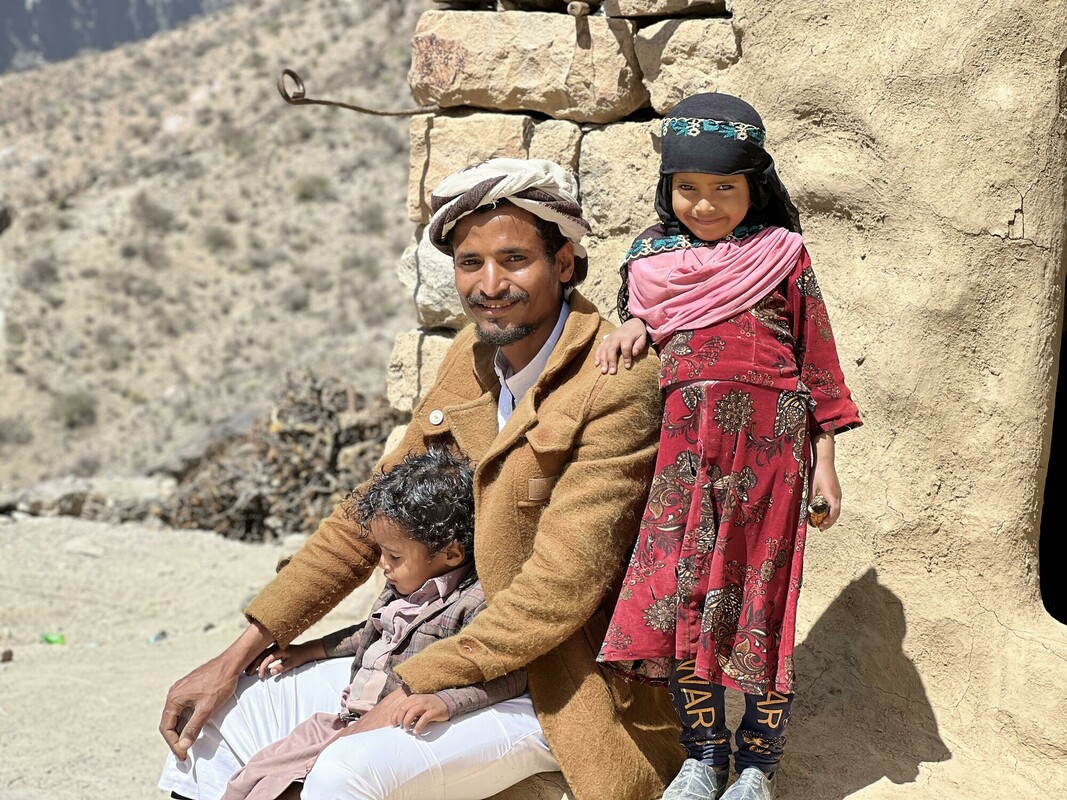Yemen Crisis
After more than nine years of war, Yemen remains the worst humanitarian crisis in the world – according to the UN, a total of 20.7 million people are in need of humanitarian assistance. Ongoing fighting has led to thousands of deaths and the destruction and collapse of vital infrastructure like water systems, schools and health facilities. 80 percent of Yemeni people live below the poverty line and between 40 and 60 percent of the population has limited or no access to basic services. The protracted conflict has undermined Yemenis’ resilience, protection and livelihoods, forcing them to adopt negative coping mechanisms to survive.
As a result of conflict:
- Over 4 million people have been displaced from their homes, fleeing with their families for safety, 73% of whom are women and children.
- 2 million people are food insecure, including nearly 5.1 million who are suffering from extreme levels of hunger
- Over 15.4 million people need support to access basic water and sanitation needs, where 4.3 million people are in acute need and less than a quarter of households have access to safe water and sanitation.
- A total of 20.07 million people lack access to adequate healthcare
The war in Yemen is having a disproportionate impact on Yemeni women and girls who are exposed to an increased risk of violence, exploitation and abuse. They also struggle to access basic health care, including maternal and child health. An estimated 5 million women and girls of childbearing age, and 1.7 million pregnant and breastfeeding women, have limited or no access to reproductive health services.


